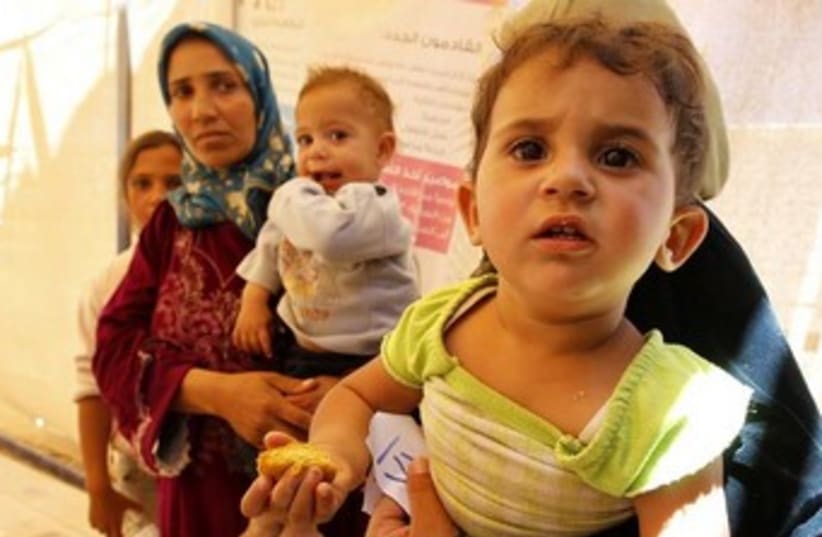Rule of Law: A moral dilemma
While Israel has treated hundreds of Syrian patients at hospitals in the North, human rights groups say it has a responsibility to protect them – and there is no point in treating the wounded only to send them back to a situation in which their lives may be endangered.
